We're loading the full news article for you. This includes the article content, images, author information, and related articles.
Siaya Governor James Orengo’s insistence on a formal, legally binding agreement with the Kenya Kwanza administration exposes deepening fissures within ODM, signaling a critical battle for the party's soul and future role in national politics.

Siaya Governor James Orengo has escalated his critique of the Orange Democratic Movement's engagement with President William Ruto's government, demanding a formal, legally binding agreement to safeguard the party's interests and protect its members serving in the administration. Speaking at St Luke Okoyo ACK Church in Central Alego on Sunday, November 23, 2025, Orengo cautioned that the current informal arrangement leaves ODM appointees vulnerable to arbitrary dismissal and risks the party's eventual collapse.
“ODM leaders must be cautious in their dealings with President Ruto. Even those enjoying government perks should ensure there are solid legal grounds protecting their positions,” Orengo stated during a fundraiser. His remarks are the latest in a series of warnings that highlight a significant ideological rift within the opposition party following the death of its long-time leader, Raila Odinga, on October 15, 2025.
The controversy is rooted in the 'broad-based government' framework established through a Memorandum of Understanding (MoU) signed by then-leader Raila Odinga and President William Ruto on March 7, 2025. This agreement aimed to lower political temperatures and foster national stability, leading to the appointment of several ODM-allied figures to Cabinet and other senior government roles. However, the nature of this cooperation is now a central point of contention.
Orengo’s position is backed by a faction within ODM, including Secretary-General Edwin Sifuna, that fears the party is losing its identity and abandoning its traditional role as a government watchdog. This group advocates for maintaining a clear opposition stance ahead of the 2027 general election. In a fiery speech during ODM's 20th-anniversary celebrations in Mombasa on Friday, November 14, 2025, Orengo dismissed the push by some ODM ministers for a deeper alliance with Ruto as “idiotic,” warning that such a move would erase the party's history of struggle. “Let us not kill political parties,” Orengo said earlier in November, cautioning, “Sisi kama ODM, msifanye makosa ya kumezwa (As ODM, let's not make the mistake of being swallowed).”
This contrasts sharply with another camp, reportedly including figures like Treasury Cabinet Secretary John Mbadi and Homa Bay Governor Gladys Wanga, who argue that ODM should honor what they interpret as Odinga's final wish to work with the government until the 2027 election.
Orengo has consistently warned against what he terms “sycophancy.” During a funeral in January 2025, he cautioned ODM members against becoming a “praise and worship” team for the administration, urging them to question government errors and uphold constitutionalism. “If you lose that identity for easy victories, we are going to pay for it in the future,” he stated.
To support his case for a formal pact, Orengo draws parallels with Kenya's political history. He cited the grand coalition government formed by the late President Mwai Kibaki and Raila Odinga after the 2007/2008 post-election violence, where the National Accord and Reconciliation Act provided a legal shield for ministers from both sides of the political divide. He contrasted this with a later period under the Kibaki administration when Odinga and his allies were sacked, an event he argues demonstrates the inherent risks of coalitions built on trust rather than law. “Coalitions without proper agreements are risky,” Orengo warned on Sunday.
The governor’s stance is also informed by a pattern of unsanctioned engagements by party members. In February 2023, Orengo and the ODM leadership strongly rebuked a group of nine party MPs who visited President Ruto at State House without the party's blessing. While the lawmakers defended the visit as a mission to secure development projects for their constituents, the party officially disassociated itself from the meeting, branding it a personal and selfish endeavor.
Despite his hardline stance, Orengo himself has navigated the complex terrain of opposition leadership. In June 2025, he led a delegation of Siaya leaders to State House for a meeting with President Ruto to lobby for development projects, a move his critics pointed to as a climbdown. This underscores the persistent dilemma for opposition leaders in Kenya: how to maintain political principles while also delivering tangible development, which often requires cooperation with the national government.
As ODM navigates its post-Odinga era, the resolution of this internal conflict is paramount. Governor Orengo's demand for a legal framework is not merely a procedural request; it is a fundamental challenge to the party's current trajectory. The outcome will determine whether ODM formalizes its cooperation with the government, potentially redefining its role as an opposition force, or pulls back to consolidate its independence, a decision that will have profound implications for Kenya's political landscape heading into 2027.
Keep the conversation in one place—threads here stay linked to the story and in the forums.
Sign in to start a discussion
Start a conversation about this story and keep it linked here.
Other hot threads
E-sports and Gaming Community in Kenya
Active 9 months ago
The Role of Technology in Modern Agriculture (AgriTech)
Active 9 months ago
Popular Recreational Activities Across Counties
Active 9 months ago
Investing in Youth Sports Development Programs
Active 9 months ago
Key figures and persons of interest featured in this article
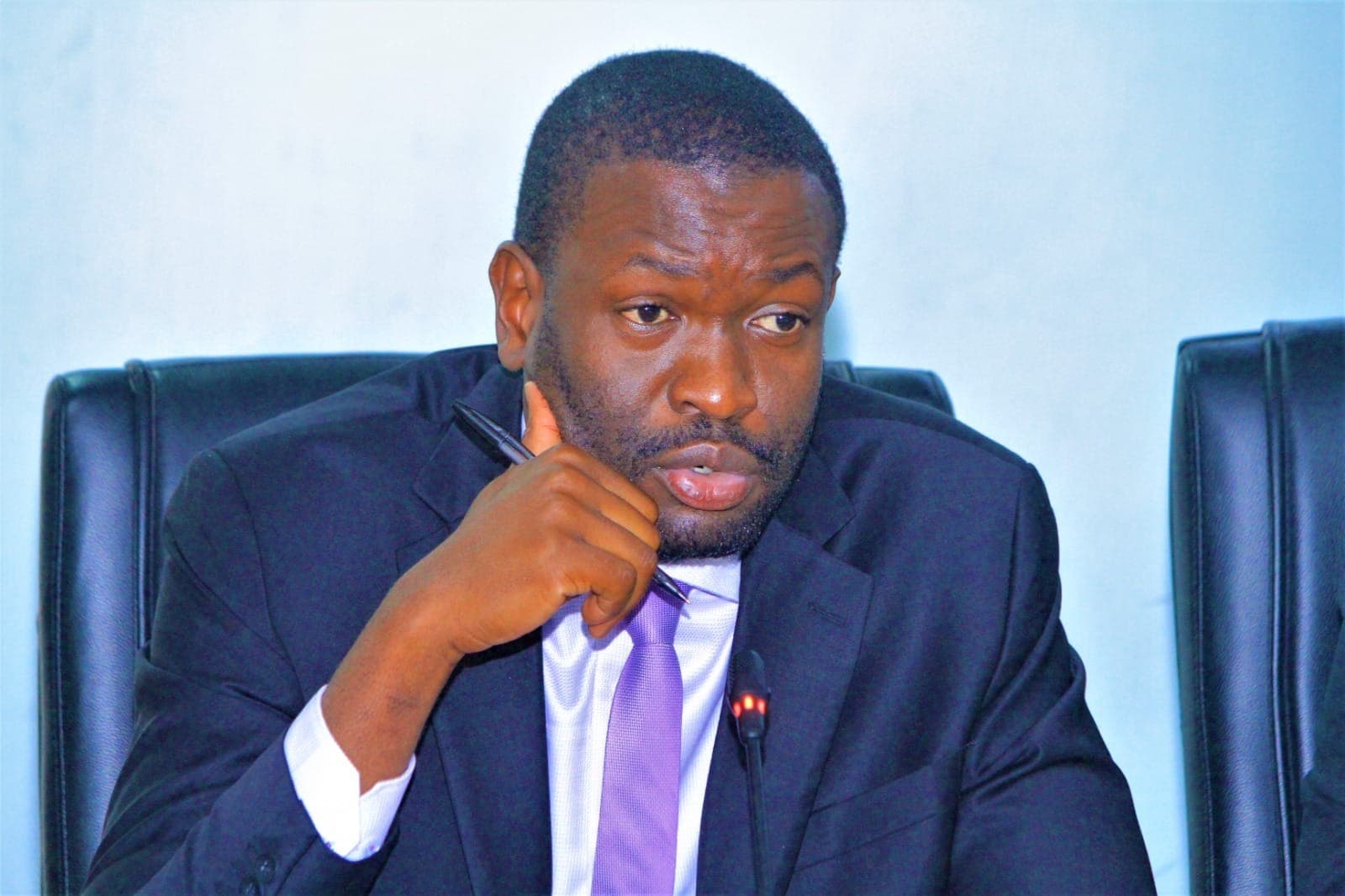
Senator for Nairobi County
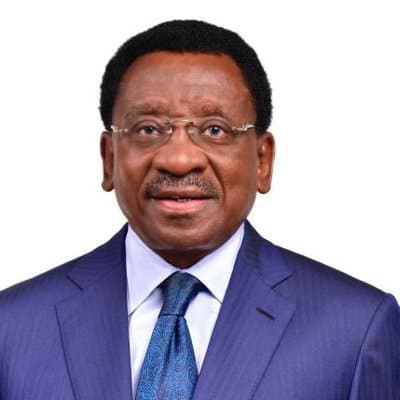
Governor of Siaya County
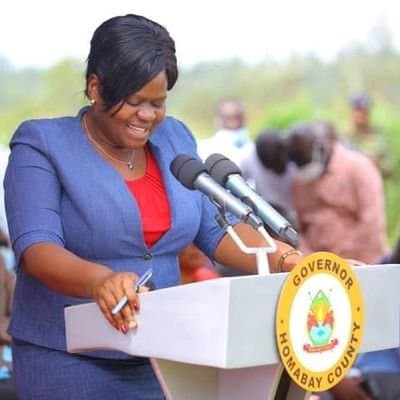
Governor of Homa Bay County
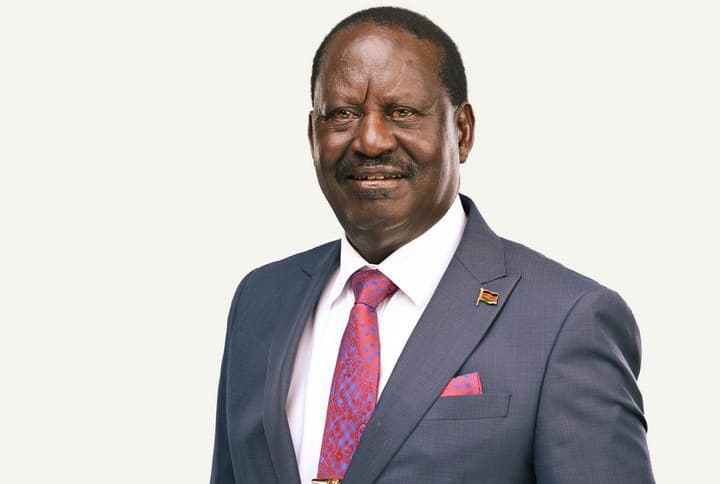
Leader of the Opposition
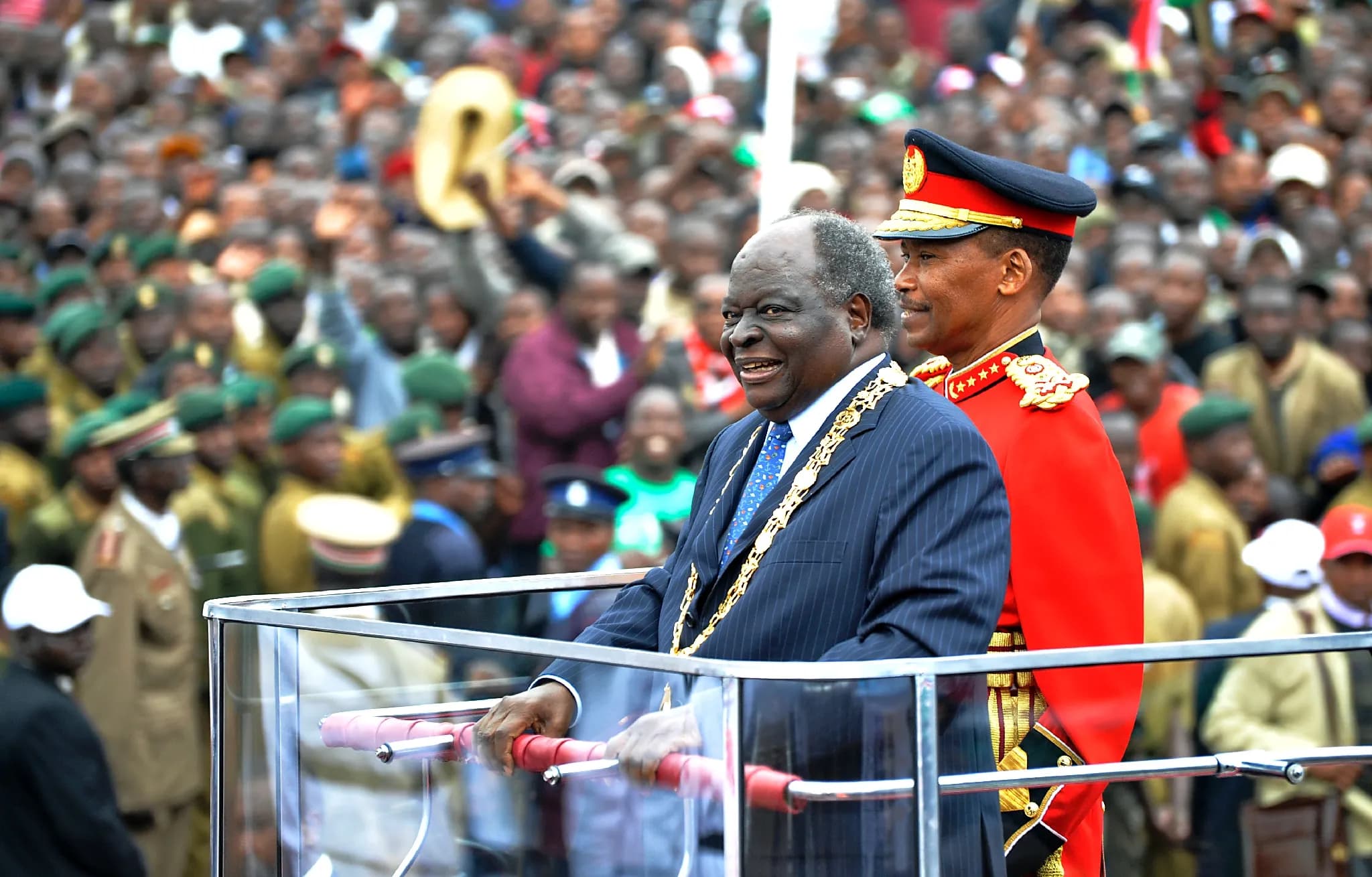
3rd President of Kenya (2002–2013)
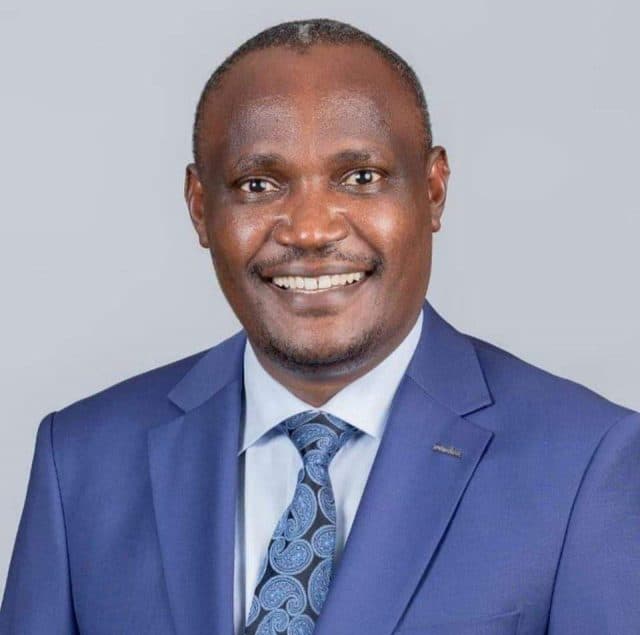
Cabinet Secretary for National Treasury and Economic Planning